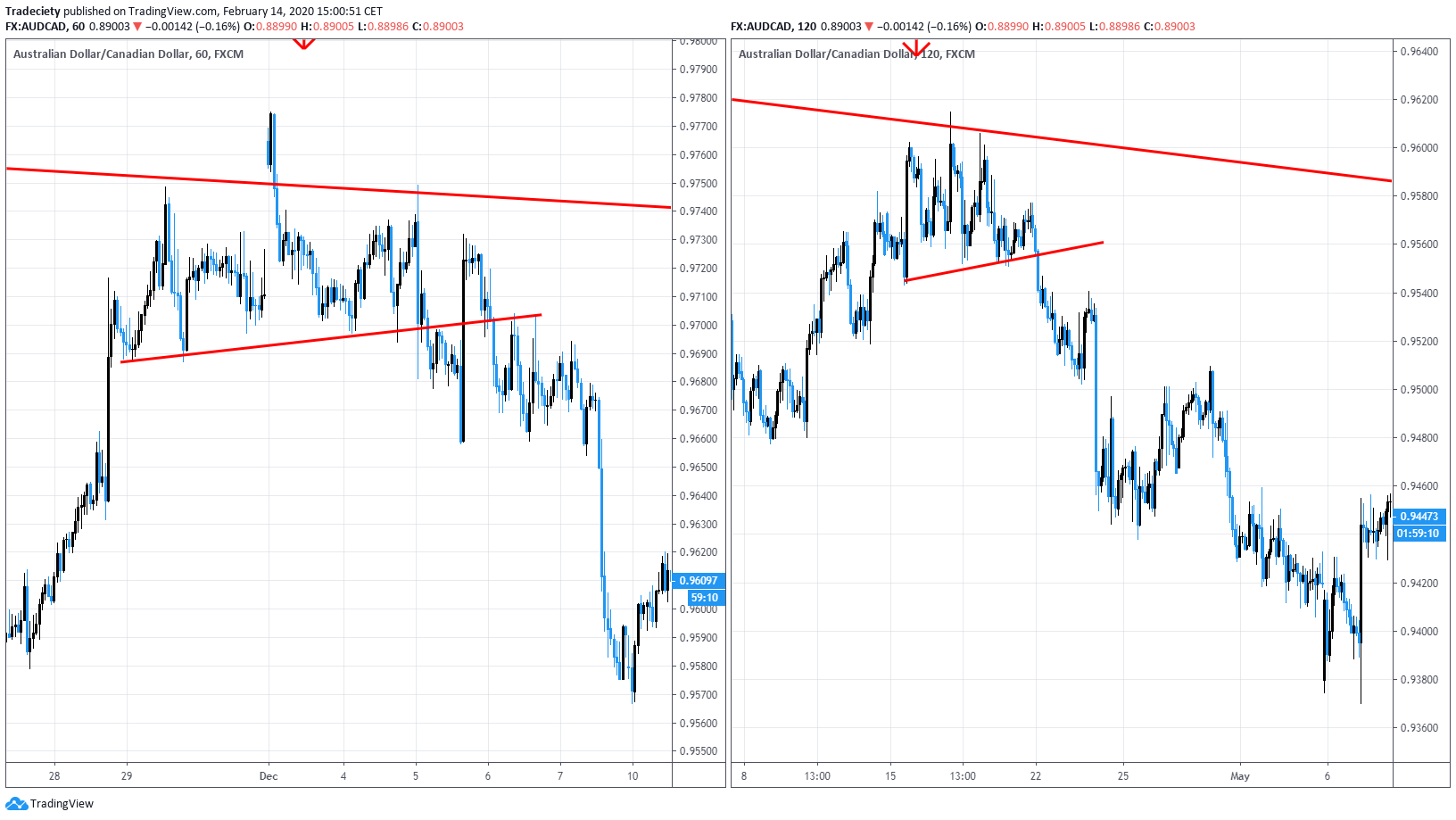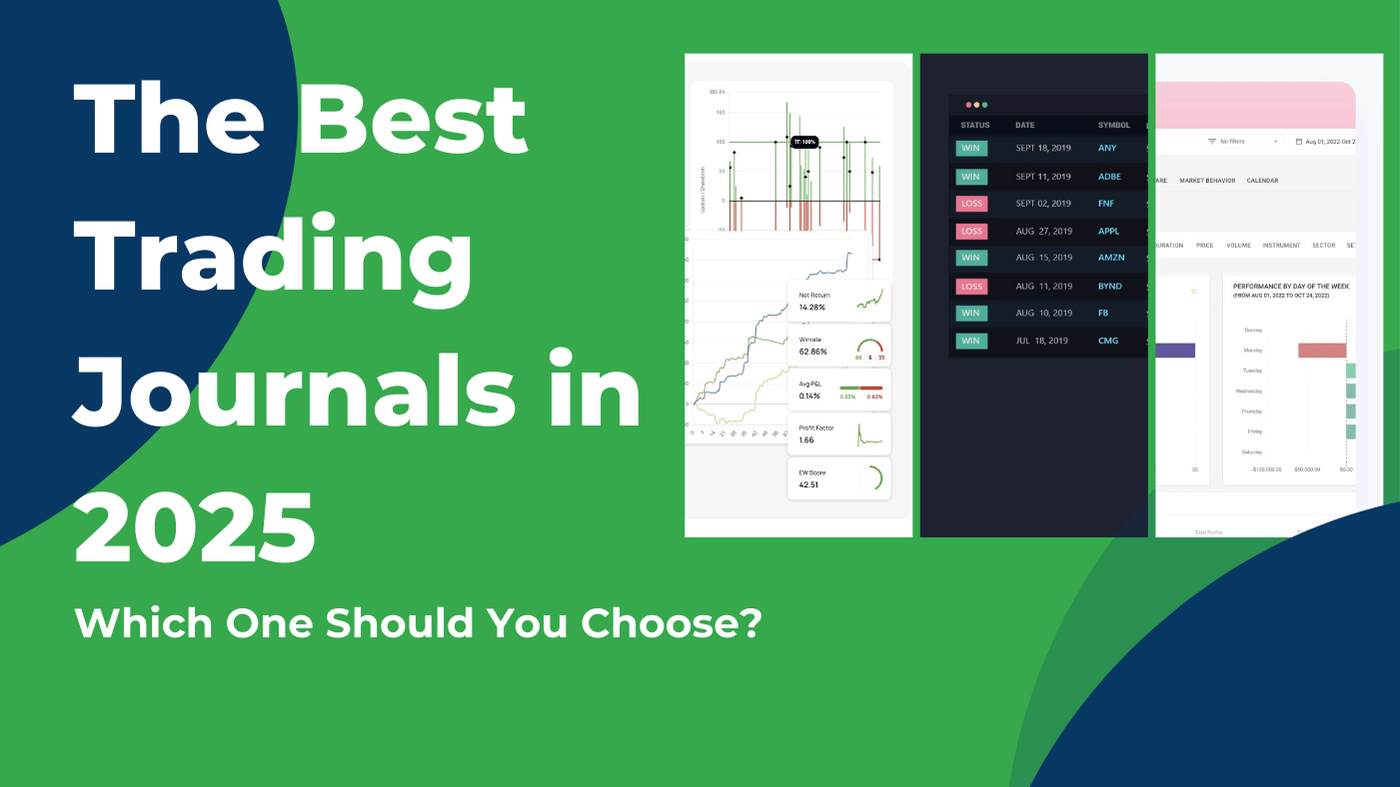3 min read
Scientist Discovered Why Most Traders Lose Money – 24 Surprising Statistics
“95% of all traders fail” is the most commonly used trading related statistic around the internet. But no research paper exists that proves this...
 Looking around online, you will easily find either ‘Top 10’, ‘Top 20’, or even ‘Top 50’ lists of the most important things that you should know as a trader. Unfortunately, such lists often have an opposite impact to their stated purpose; these lists often scare traders off, especially when they are new to trading and inexperienced. Trading should be enjoyable, but having to think back to your ‘Top 50 Things…’ at the same time that you are having to make crucial decisions, where your money is on the line can be a distraction as a bare minimum or at worst totally off-putting.
Looking around online, you will easily find either ‘Top 10’, ‘Top 20’, or even ‘Top 50’ lists of the most important things that you should know as a trader. Unfortunately, such lists often have an opposite impact to their stated purpose; these lists often scare traders off, especially when they are new to trading and inexperienced. Trading should be enjoyable, but having to think back to your ‘Top 50 Things…’ at the same time that you are having to make crucial decisions, where your money is on the line can be a distraction as a bare minimum or at worst totally off-putting.
Tradeciety decided to interview 12 traders and ask them: “What is the ONE thing you wish you had known when starting your trading career?” We thought we would share the benefits of their experience as traders to help narrow it down to one single piece of valuable advice and get first hand insights rather than the generalized, well-worn trading slogans you can read everywhere that offer no real ‘how to’ you can put in practice.
Steve from the New Trader University
React to actually price action don’t try to predict. Your job is to capture trends in your time frame for big wins & small losses.
Mr. Breakout from Sharp Traders
My profile says it all “Trade What’s Happening…Not What You Think Is Going To Happen” Took me 20 years to figure out the market doesn’t care what I think. I spent too many years analyzing things to death before I realized I didn’t need to try & figure out the “Why” of things.
Michael Lamothe from Chart Your Trade
I’m sure that there are many “ONE” things I wish that I understood before I started trading but perhaps the least obvious of them would be having an understanding that despite reading everything under the sun, knowing the “golden rules” of trading, and even paper trading, there is no substitute for real experience. Feeling the emotions of hope, fear, and greed in real-time helps us learn who we are as traders. Once we have an understanding of who we are we can figure out systems, strategies, and tactics that will work best for us. Formal education may help speed the learning curve but there is no eliminating it.
The UK Trendfollower from The TrendFollower
Learn good risk control. With that you can make a lot of mistakes and stay in the game. Second, make sure you keep a trading journal noting both the basic metrics, entries/exits, performance etc but ALSO record your own emotions, thoughts etc as you deal with the ups and downs of trading. You would learn a hell of a lot from that (discipline, sticking to your rules, risk etc).
Henri Simoes from Trading Cards
“Forget fancy indicators and sophisticated technical tools. Just FOCUS on what is WORKING in the market you are trading RIGHT NOW.”
Options IQ Trading from OptionsTradingIQ.com
The one thing I wish someone had told me when I was getting started is to find a mentor. Unfortunately I was one of those stubborn people and thought I could figure it all out by myself. As a result my initial learning curve took much longer than it should have. My best advice for someone getting started would be to find someone who is achieving the type of results you would like to see and pick their brains. If you know someone like that and have access to them great! Otherwise you may have to pay to join a coaching program or membership group. As long as you are not paying thousands of dollars, then the investment will easily pay for itself in the long run both in time saved and hopefully trading profits! There are so many mentors out there, so if possible try and get a referral from someone so that you know you are not signing up with a con artist. If you can’t get a referral, make sure you do your homework in order to find the most suitable mentor.
The one thing I wish somebody had told me when I first commenced trading was never average down on a losing position.
Averaging down to reduce your cost base is not a viable strategy and will only lead to significant financial loss. The worst thing that could happen to new traders is successfully averaging into a losing position. All this does is encourage the trader to repeat this habit until it stops working. The thing to understand about averaging down is in extreme cases it can lead to financial ruin. A trader without capital is like a store without inventory. Averaging on a losing position exerts so much emotional capital it ends up directly impacting negatively on other trades and more importantly your personal life. There is nothing wrong with being wrong on a trade, the problem is when you stay wrong and average down. Take a small loss before it becomes a big loss and move onto the next trade.
H. Avni Kefeli – @sidabumi
The market is fair for both big and small accounts. Even if you only have a small trading account, you still have the same chances to make money. Because, the proper money management and position sizing strategy makes the market fair for everybody.
Looking back I wish I would have had a trading mentor or a coach who would have emphasized the importance of risk and money management and the tools to implement the knowledge into my trading. I probably would have been able to shave off a few years of my learning curve.
Trading is not some kind of cool game which mass produces rich kids. As soon as it becomes your job and you need to put food on the table, a lot of the romantic notions disappear and it simply is what it is, a job. Nevertheless the best job in the world to me. I started out to become a rockstar, now I am a humble worker of the markets. Had I understood sooner that trading is actually hard work, I could have saved a lot of money, time and nerves.
Rolf from Tradeciety (Your Author!)
I wish I had known the connection between risk:reward and winrate from the beginning on and the importance of math and statistics. Math and statistically analyzing your performance can show you how and where to alter your trading method. You can then create your own trading methodology that is tailor-made for yourself step by step. In the end it comes down to whether you can make a trading strategy work rather than stumbling over some advice or fancy indicator system.
The common denominator running throughout all of the answers from the traders we interviewed is that trading is not only worrying about entries, or finding the optimal trading strategy, rather, being a successful trader requires much more of you. In particular, rigid and specific money and risk management, trading what you see and not what you think, growing with experience and analyzing your performance and setting realistic expectations are common themes for newbie traders to take away here. Crack these essentials and you have a higher chance of success than the vast majority of traders just starting out in their trading career who lose too fast and too much. We hope you found this helpful and if you have any favorite pearls of wisdom from traders you respect, we would love to hear them in our comments space below.

3 min read
“95% of all traders fail” is the most commonly used trading related statistic around the internet. But no research paper exists that proves this...

3 min read
Trendlines can be great trading tools if used correctly and in this post, I am going to share three powerful trendline strategies with you.

3 min read
Choosing the right trading journal is essential for traders wanting to analyze performance, refine strategies, and improve consistency. In this...
